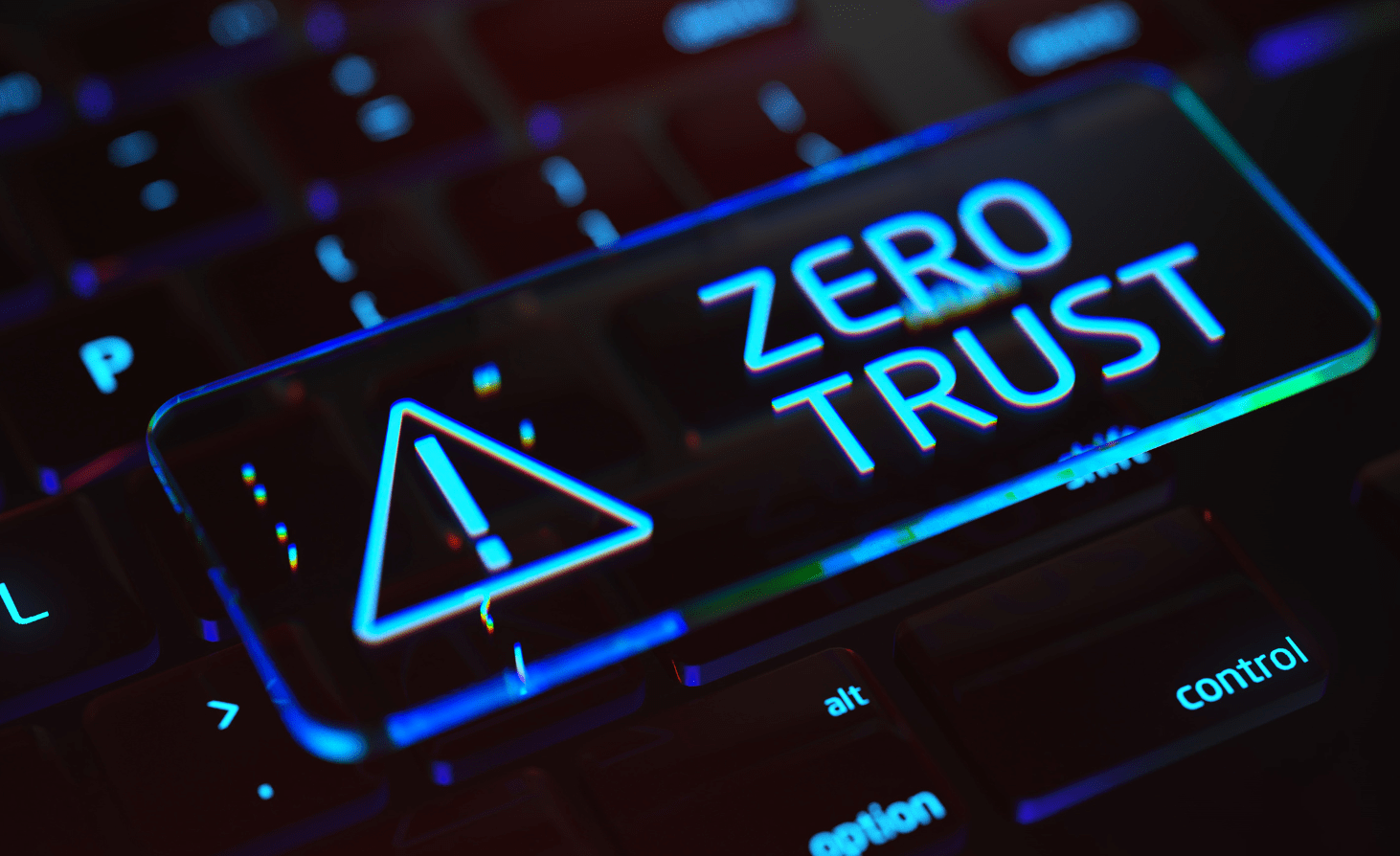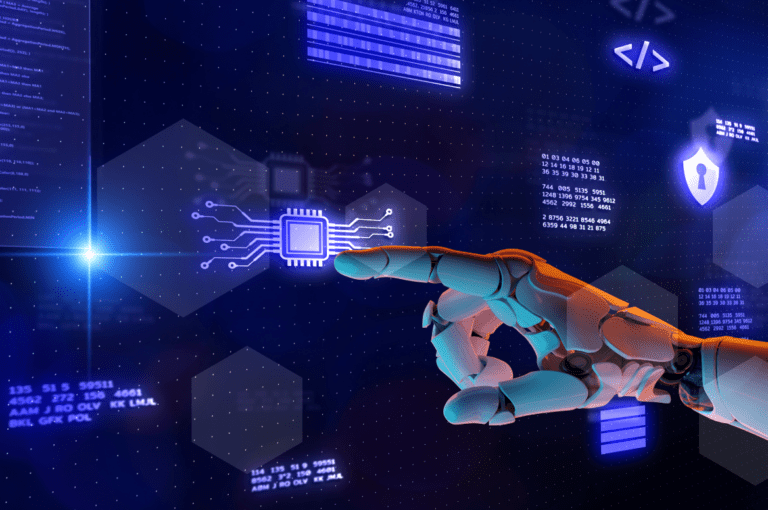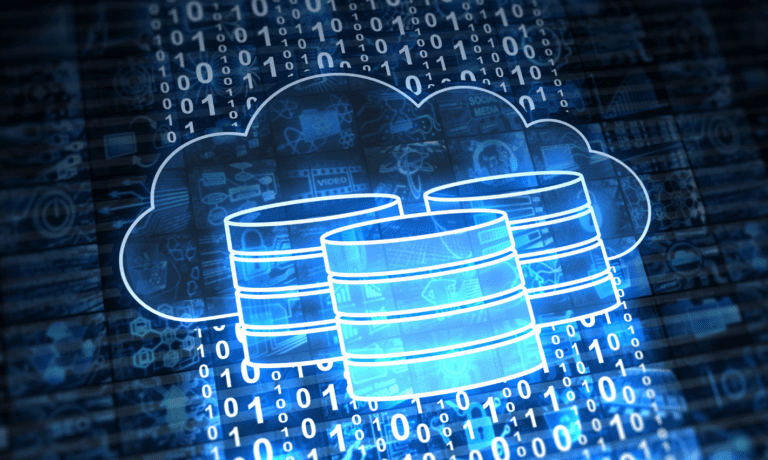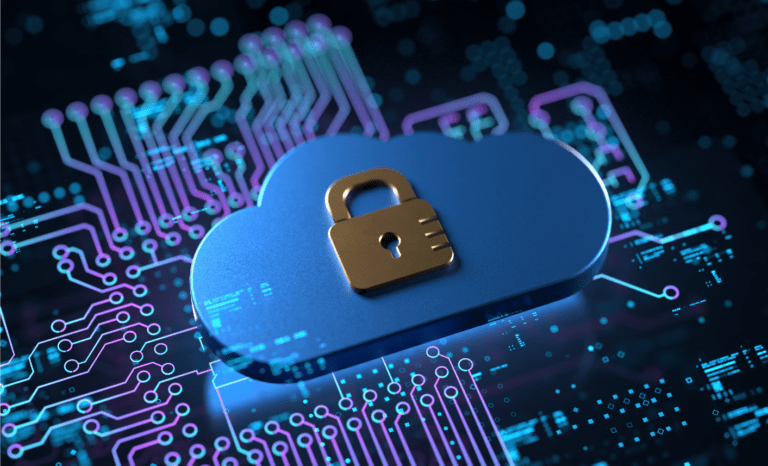Mastering Cybersecurity: The Zero-Trust Model Unveiled

In today’s digital era, trust is a currency that must be earned, especially in the world of cybersecurity. The age-old approach of assuming trust within networks has given way to the groundbreaking zero-trust model. In this paradigm, no user, device, or data is automatically considered trustworthy, and every entity is subject to rigorous verification and authorization before gaining access to resources. While this approach may initially seem complex, it offers substantial advantages over traditional security models.
Recent statistics are a testament to the growing popularity of zero-trust. A Statista survey revealed that a whopping 41% of global businesses plan to adopt this cutting-edge cybersecurity design as an integral part of their overall security strategy.
This article delves into the core principles of zero-trust systems, exploring how they function and why they are gaining traction across industries.
Demystifying Zero-Trust Systems
Zero-trust systems are founded on an identity-based model that scrutinizes and authorizes every entity seeking access to resources. This includes implementing robust security measures such as multi-factor authentication, device posture evaluations, and continuous monitoring of user behavior. A pivotal concept within zero-trust is the principle of “least privilege.” Under this principle, users are only granted access to specific resources necessary for their job functions, while all other resources are off-limits. This approach acts as a shield against insider threats and data breaches originating from compromised user accounts.
Realizing Zero-Trust in Action: Five Illustrative Use Cases
- Healthcare Industry: Guardian of Patient Data—The healthcare sector, handling sensitive personal information daily, stands as a prime target for cyberattacks, particularly ransomware assaults. Within this industry, zero-trust strategies and access control come to the forefront. Measures like multi-factor authentication and continuous monitoring are employed to detect and thwart unauthorized access attempts, ensuring that only authorized personnel can access patient records.
- Financial Services: Sentinel of Customer Data—Much like healthcare, financial services organizations manage highly sensitive customer information. Zero-trust systems are instrumental in safeguarding this data, ensuring that only authorized users can access it. Continuous monitoring is essential to detect and prevent potential threats. Though such rigorous access control may pose minor inconveniences to users, the invaluable network security benefits outweigh any temporary hassles.
- Government Agencies: Custodians of Sensitive Information—Government entities hold a wealth of sensitive information, including classified documents and national security data. Embracing a zero-trust model ensures that only authorized individuals can access this invaluable data. Continuous monitoring remains a crucial component, actively guarding against unauthorized access attempts, whether from remote or IoT devices.
- Retail Industry: Foiling Insider Threats—Retail companies routinely collect sensitive customer data, making them attractive targets for cyberattacks and insider threats from malicious or compromised employees. Implementing zero-trust systems mitigates these risks by granting real-time control over user access to customer data and monitoring for unusual behavior. Businesses relying heavily on cloud services are particularly vulnerable, making zero-trust a critical defense.
- Technology Companies: Safeguarding Internal Data—Technology firms possess an array of sensitive information, including intellectual property and employee data. Zero-trust systems secure this treasure trove of data by meticulously controlling user access and continually monitoring for unauthorized attempts.
As the advantages of zero-trust security become increasingly evident, it is poised to become a cornerstone of comprehensive security strategies. If you’re keen on exploring how zero-trust can fortify your organization’s cybersecurity, please contact us. Unlock the power of zero-trust and take control of your digital fortress.






